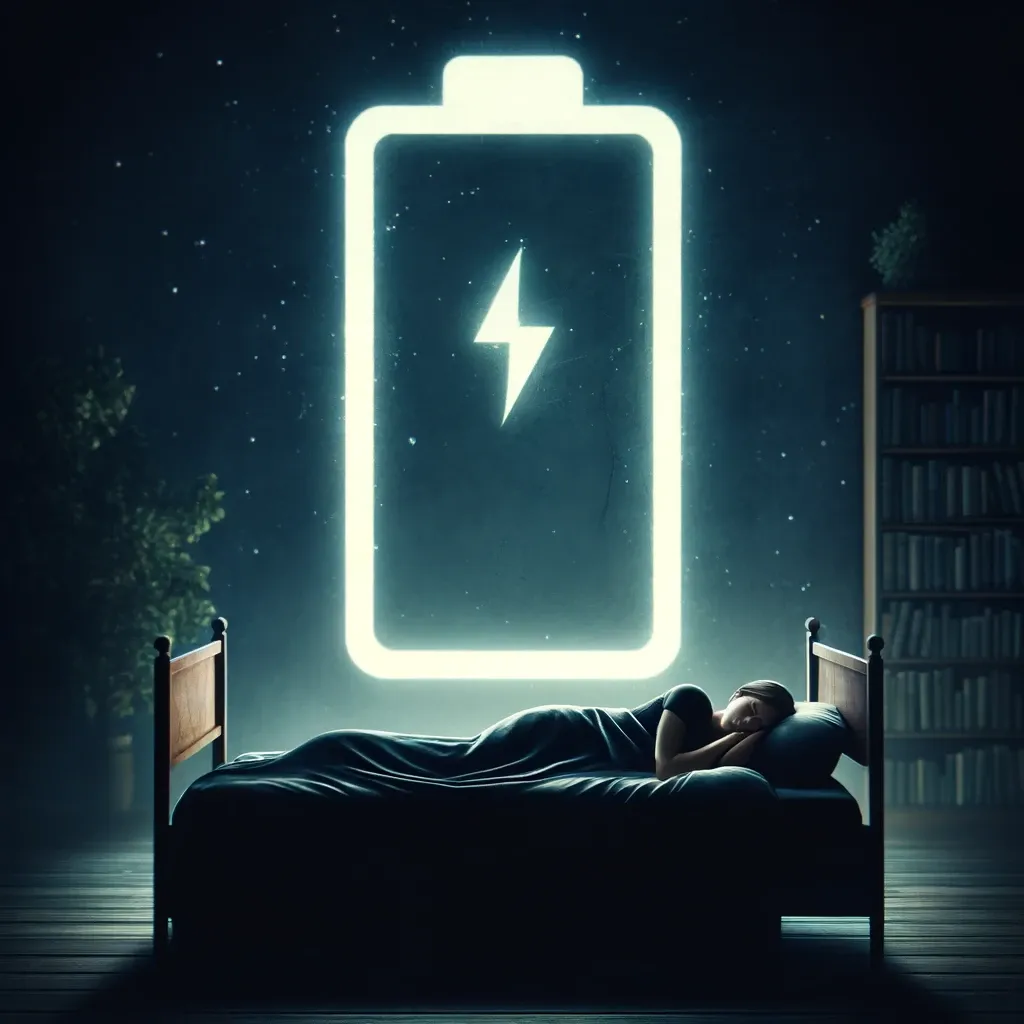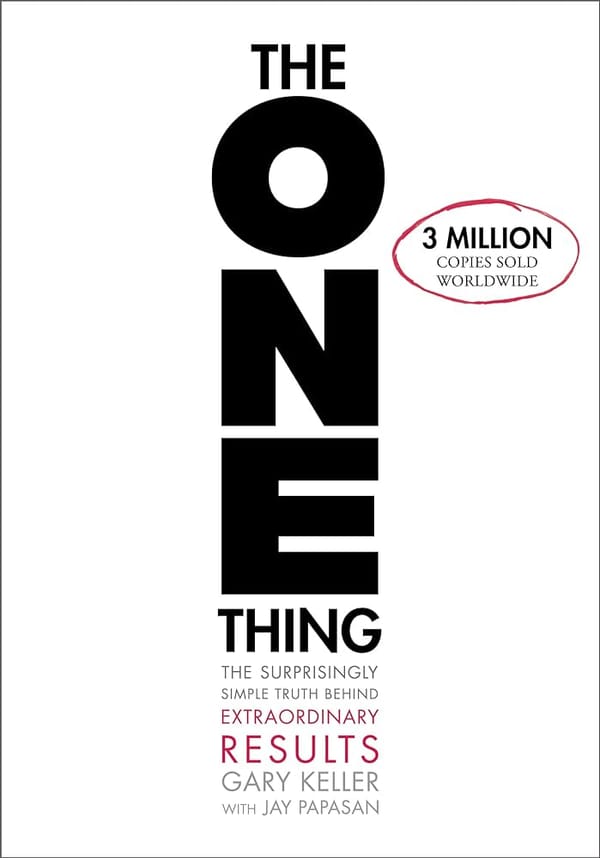The Power of Sleep: Unveiling Its Impact on Health and Productivity

Have you ever heard someone say, "I'll sleep when I'm dead" or "Sleep is for the weak"? It sounds cool and all, like something out of a movie where the hero never seems to need a break. But here's the real scoop: getting enough sleep is like giving your body and brain a superpower. It's not just about closing your eyes and snoozing. It's about waking up feeling like a superhero, ready to tackle anything the day throws at you. So, let's dive into why catching those Z's is a game-changer and how you can make it your new best habit.
Where would you fall if you were to self-assess the quality of sleep you receive each night? An HBR article reports, “About 25% of U.S. adults reportedly suffer from insomnia, and a similar number report regular patterns of excessive sleepiness”.
As accustomed to this scenario as we have become, the impact of sleep on our health and productivity cannot be overstated. As we navigate our busy lives, it's crucial to understand the profound effects that sleep, or a lack thereof, can have on our overall well-being.
The Science Behind Sleep: Your Body's Built-in Reboot
The National Sleep Foundation says adults need between 7-9 hours of quality sleep every night. Why? Because sleep is a complex, restorative process crucial for our brain's ability to function optimally. During the night, we cycle through different stages of sleep, including Rapid Eye Movement (REM) sleep. This phase is crucial for memory consolidation, emotional processing, and learning. It's when our brain sorts and stores the day's experiences, making sense of them for future use.
However, the benefits of sleep extend beyond the brain. Sleep acts as a reset button for the entire body, aiding in:
- Craving Suppression: A good night's sleep can help regulate the hormones that control hunger, reducing those late-night snack cravings.
- Exercise Recovery: The benefits of your daily workout are actually reaped during sleep, as this is when your body repairs and strengthens muscles.
- Mental Clarity: Clarity, decision-making, and learning are all enhanced with sufficient sleep, making us more efficient and effective in our daily tasks.
Productivity and Sleep: A Two-Way Street
Ditching sleep to get more work done is a myth that needs to be put to bed. Studies have shown that sleep deprivation significantly impairs workplace performance, affecting everything from mood to career progression. It's not just about the hours you put in but how effective those hours are. Lack of sleep can make us less focused, less creative, and more prone to errors, not to mention the impact on our emotional intelligence and leadership abilities.
So, how do you turn this around? By embracing sleep as your productivity partner. Here's how:
Quality Sleep Gameplan
Establish a Consistent Sleep Schedule:
The human body operates on a circadian rhythm, essentially a 24-hour internal clock that cycles between sleepiness and alertness at regular intervals. It's your body's natural way of regulating sleep. Sticking to a consistent sleep schedule helps to stabilize your circadian rhythm, making it easier for your body to fall asleep and wake up naturally. A disrupted circadian rhythm can lead to poor sleep quality and duration, impacting overall health.
Research highlights the importance of consistent sleep patterns in maintaining the synchrony of the body's internal processes, including metabolism, immune function, and cognitive performance.
Create a Relaxing Bedtime Routine:
Engaging in a relaxing bedtime routine signals your brain that it's time to wind down and prepare for sleep. Activities such as reading a book, taking a warm bath, or practicing relaxation techniques like meditation or deep breathing activate the body's relaxation response, a restfulness that is the opposite of the stress response. This process helps decrease your heart rate, lower blood pressure, and reduce muscle tension, creating the ideal conditions for falling asleep.
According to a study in the "Journal of Clinical Sleep Medicine," individuals who practiced relaxation techniques before bedtime experienced improved sleep quality, demonstrating the effectiveness of such practices in enhancing sleep.
Optimize Your Sleep Environment:
The conditions of your sleeping environment can significantly impact the quality of your sleep. For instance:
- Temperature: The ideal bedroom temperature for sleep is around 65°F (18.3°C). A cooler environment mimics the body's natural temperature drop during sleep, facilitating quicker sleep onset and deeper sleep cycles.
- Light: Exposure to light can disrupt your circadian rhythm. Blackout curtains or a sleep mask can be helpful in creating a dark environment that signals your brain it's time for sleep.
- Noise: Minimizing noise can prevent disruptions during sleep. White noise machines or earplugs can be beneficial in creating a quiet sleep environment.
Limit Screen Time Before Bed:
Electronic devices like TVs, smartphones, and computers emit blue light, which can interfere with the production of melatonin, a hormone that signals your brain it's time to sleep. Reducing exposure to blue light at least one hour before bedtime can help maintain your body's natural sleep-wake cycle. This can be achieved by turning off these devices or using blue light filters.
Research in the "Harvard Business Review" found that participants who used blue light-filtering glasses in the evening reported better sleep quality, illustrating the impact of blue light on sleep. Establishing a "technology curfew" reduces blue light exposure and encourages you to engage in more relaxing activities before bed, further promoting sleep readiness.
Why Sleep Is Your Superpower
Sleep is more than just rest. It's the body's way of hitting the refresh button. Think of your body like a smartphone. Just like how your phone needs to charge, your body and brain need sleep to recharge. Here's why:
- Health Booster: Good sleep can help fight off sickness. It's like having an invisible shield against colds and other illnesses.
- Mood Lifter: Ever notice how everything seems annoying when you're tired? A good night's sleep can make you feel like you're walking on sunshine, mood-wise.
- Brain Power: Sleep helps you think clearer, remember things better, and learn faster. It's like upgrading your brain's software.
- Energy Surge: With enough sleep, you've got the energy to tackle your day without feeling like you're dragging your feet.
The Bottom Line
Sleep isn't just a break from being awake. It's an essential part of being the best you can be. By giving your body and brain the rest they need, you're setting yourself up for a healthier, happier life. So, let's put those old sayings to bed and embrace the power of sleep. Your body, your brain, and probably everyone around you will thank you for it. Remember, sleeping well tonight means conquering the world tomorrow. Let's make sleep your superpower!
References:
National Sleep Foundation. (2021, February 15). How much sleep do you really need? National Sleep Foundation. Retrieved April 4, 2024, from https://www.thensf.org/how-many-hours-of-sleep-do-you-really-need/
Sleep Foundation. (2024, March 15). What is circadian rhythm? Sleep Foundation. Retrieved April 4, 2024, from https://www.sleepfoundation.org/circadian-rhythm
American Academy of Sleep Medicine. (n.d.). Journal of Clinical Sleep Medicine. Retrieved April 4, 2024, from https://jcsm.aasm.org/journal/jcsm
Harvard Business Review. (2021, August 30). Will blue light glasses improve your sleep? Harvard Business Review. Retrieved April 4, 2024, from https://hbr.org/2020/10/will-blue-light-glasses-improve-your-sleep


